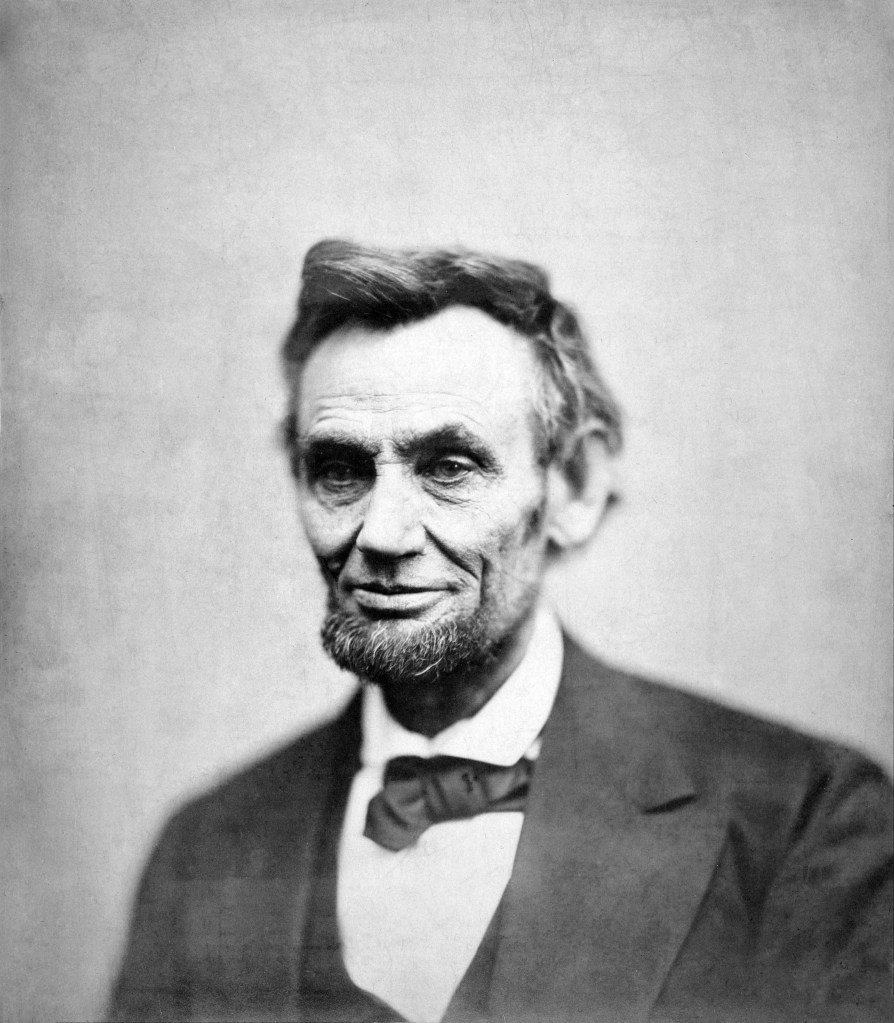In 2005, as a former para working as a photographer, I was invited to Iraq to hang out with a security team who had set up a garage in Baghdad. This new garage was to repair and service vehicles used by the security sector, many of whom had become tired of dealing with the American firm KBR, who were previously the only garage facility in Baghdad.
2005 was a heavy year for casualties on all sides in Iraq. British soldiers, American soldiers, journalists and anyone who came from the west or was working for western organisations were a prime target for being placed in front of a video camera in orange overalls and beheaded.

We arrived at night in a heavily armoured Rhino vehicle driven by US marines while an Apache helicopter flew overhead. The passengers were mostly security workers and UN people. We each had to wear a helmet and body armour for the duration. I could just make out the scenery outside: everywhere had been flooded and the only shapes I could see were the reflections of palm trees. We were travelling down Route Irish to the heavily fortified International Zone.
All I had was the telephone number of my contact at the garage. A bearded man who looked like Nick Nolte could see me fumbling with my mobile phone. “Hey borrow mine, man,” he said as he gave me his telephone. “You know, they aren’t going to win this war like Vietnam.” When I asked who “they” were he handed me a cigarette. “The media aren’t going to win this war.” I could see the Blackwater logo on his polo shirt in full glory.
Videos by VICE

At the garage I sat around listening to their stories of the “circuit”, often about how certain companies have a “superstar” veteran in their ranks. It seemed every veteran was here, in Baghdad, to trouser money. That was the whole point of being in such a violent environment where everyone was armed to the teeth. I was asked a few questions about why I was in Baghdad, but because of my military background it was easy for a guy like me to blend in.
Everyone was twitchy. You would hear explosions go off, a big boom somewhere in Baghdad’s Red Zone, which you were only to enter in an armoured convoy. I spent the time photographing life in the garage with the workers who lived there, who were all British. One guy called Mac was the son of a famous mercenary. Haji was probably the most senior – he’d worked in tense situations in Northern Ireland for 23 years. He was puzzled by me being there. The third person was Dave, who was from a posh British army regiment and knew the singer James Blunt. Once, during a night out in one of the Special Forces enclaves fuelled by two crates of Carlsberg and two bottles of bourbon, Dave nearly got beaten up over inter-regimental rivalry.
I was offered a job while I was there, but I got too homesick to take up the offer. I’d been there off my own back and seeing the footage of the hostage Norman Kember on the international news channels made me feel nervous. It was a difficult place to be. In the end, I bugged out, leaving Baghdad just before Christmas.
Click here to launch the gallery.

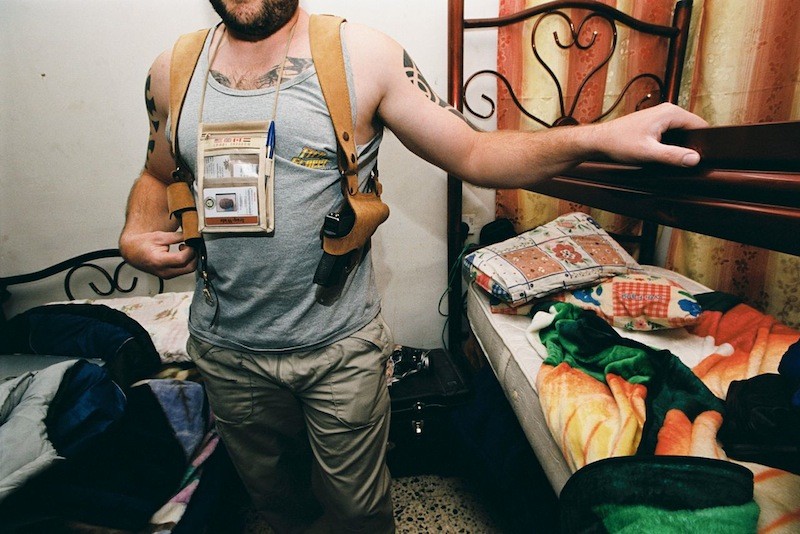
Mac in his bed space prior to making a pick-up journey. “Always take a good shit before you go on these journeys,” he advised.
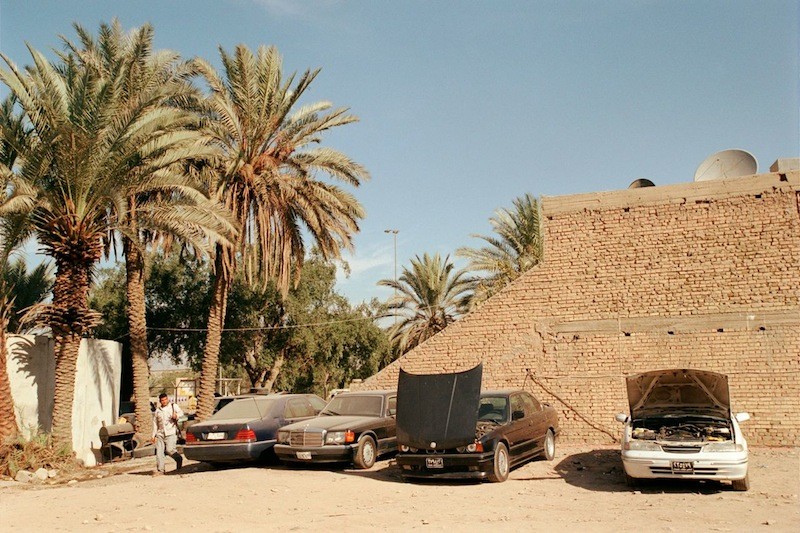
Cars being serviced at the garage, which was also home to the private security crew I was living with.
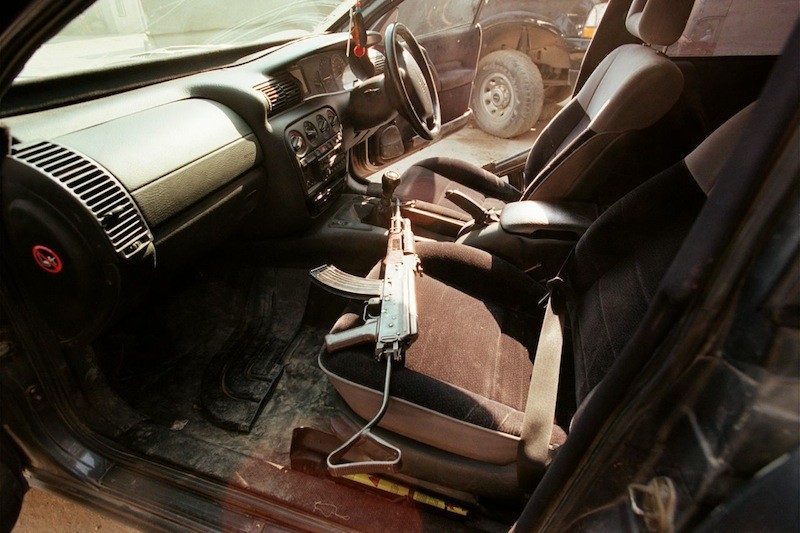
The interior of Posh Dave’s low-key covert bulletproof car and his preferred weapon of choice, a reliable AK-47.
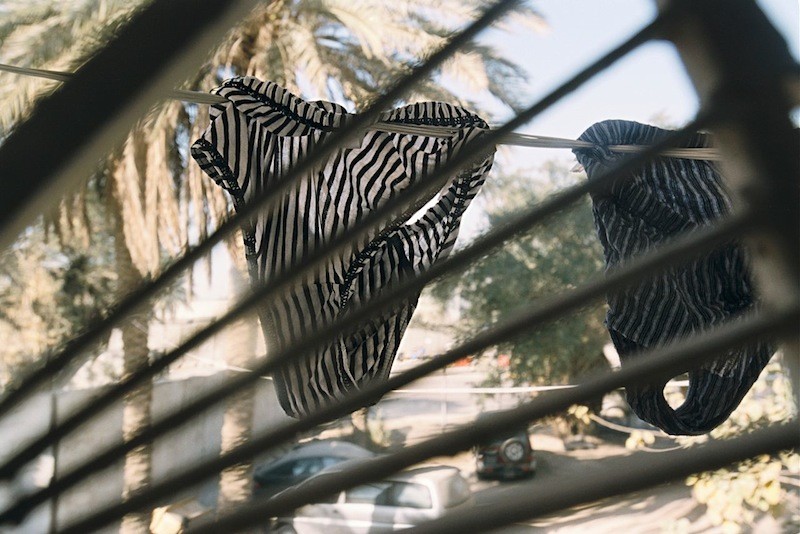
Haji’s underpants drying outside the living quarters of the garage. Our maid was a local Iraqi who washed, ironed and cooked all day long.
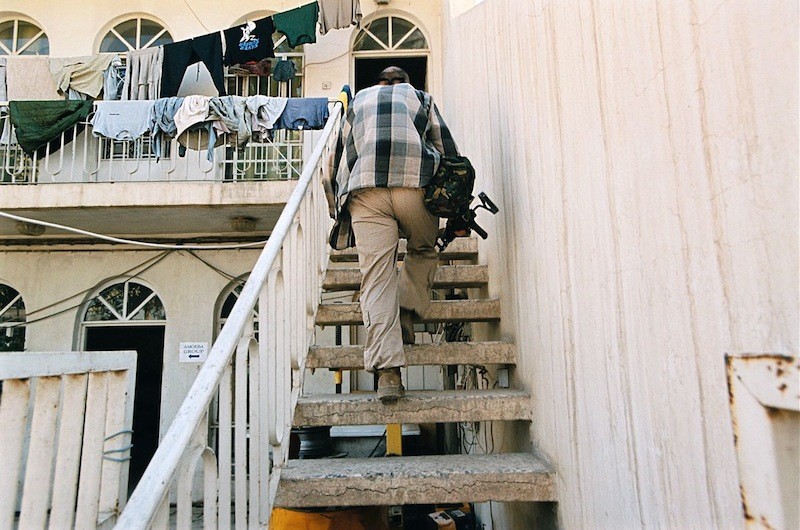
The team arrives back at the compound after an airport drop-off.


